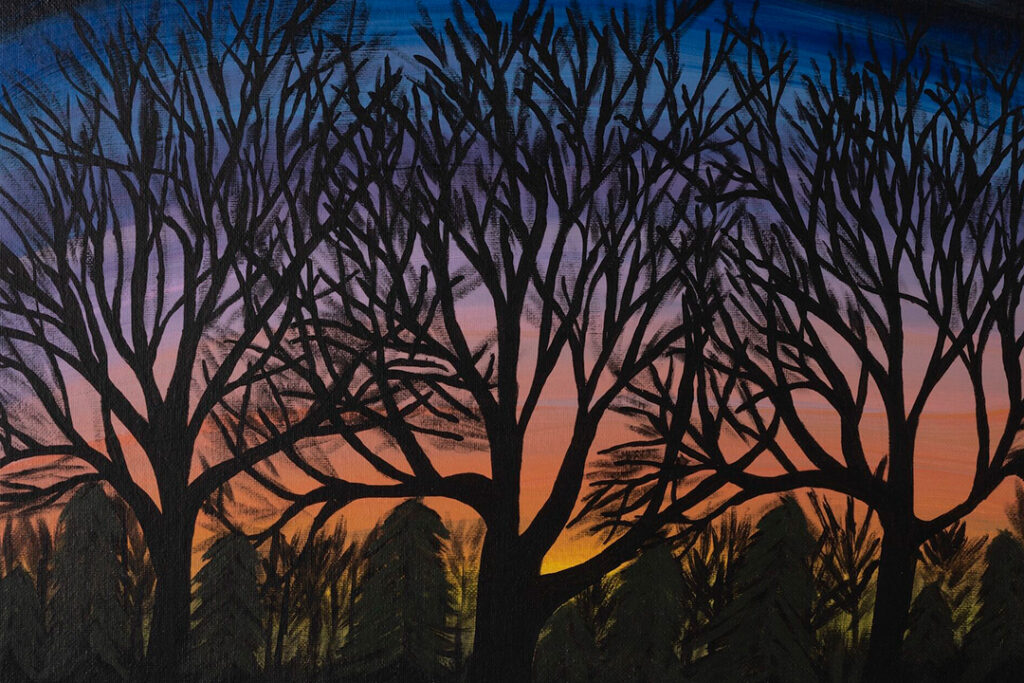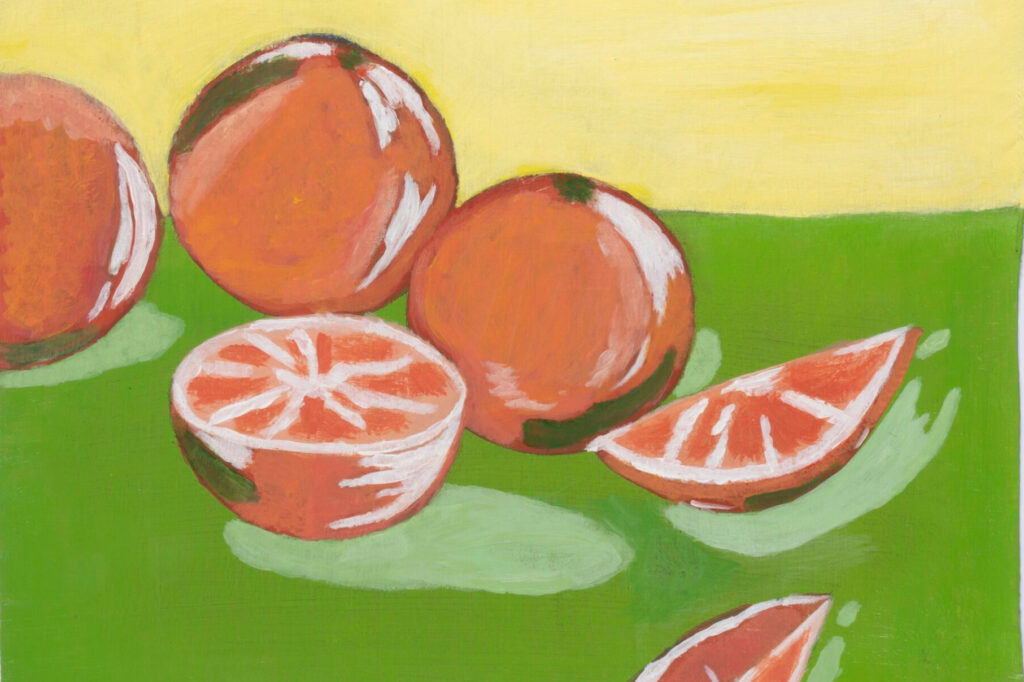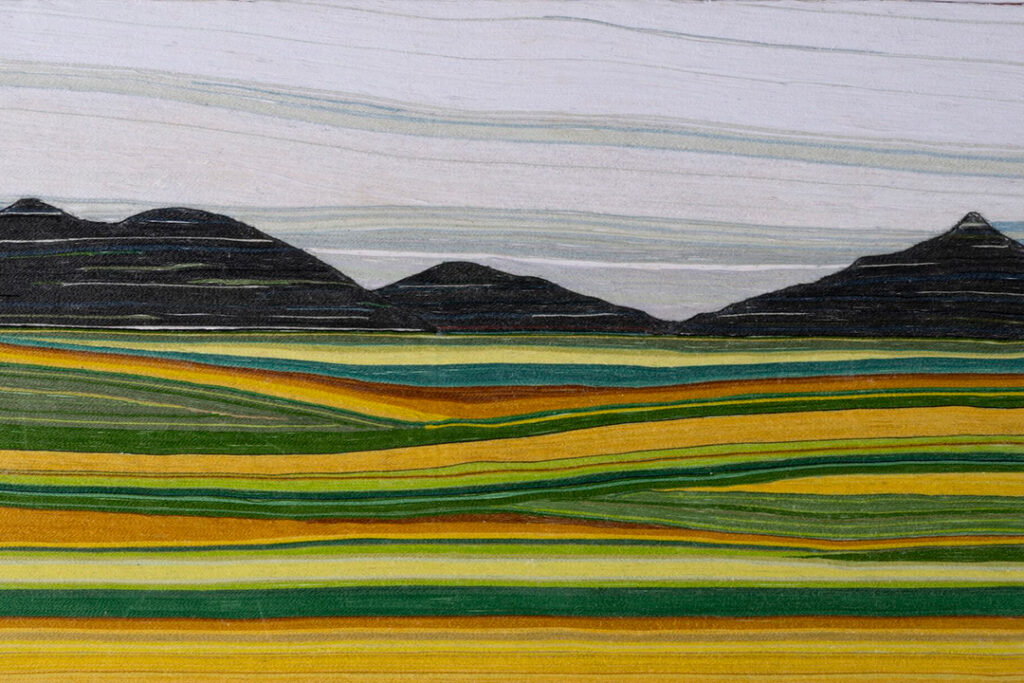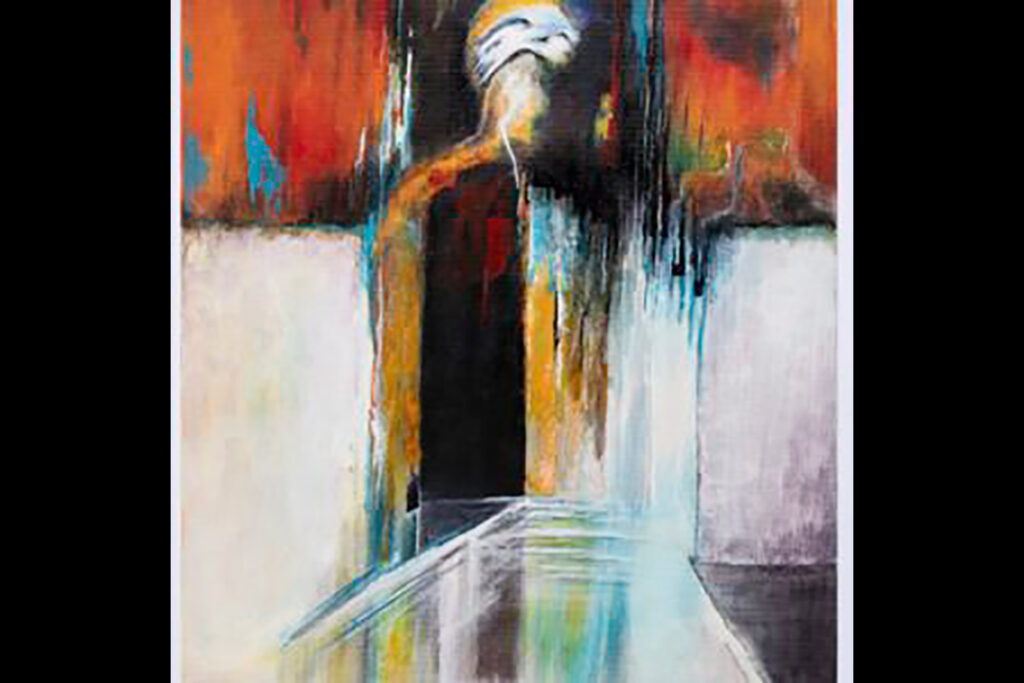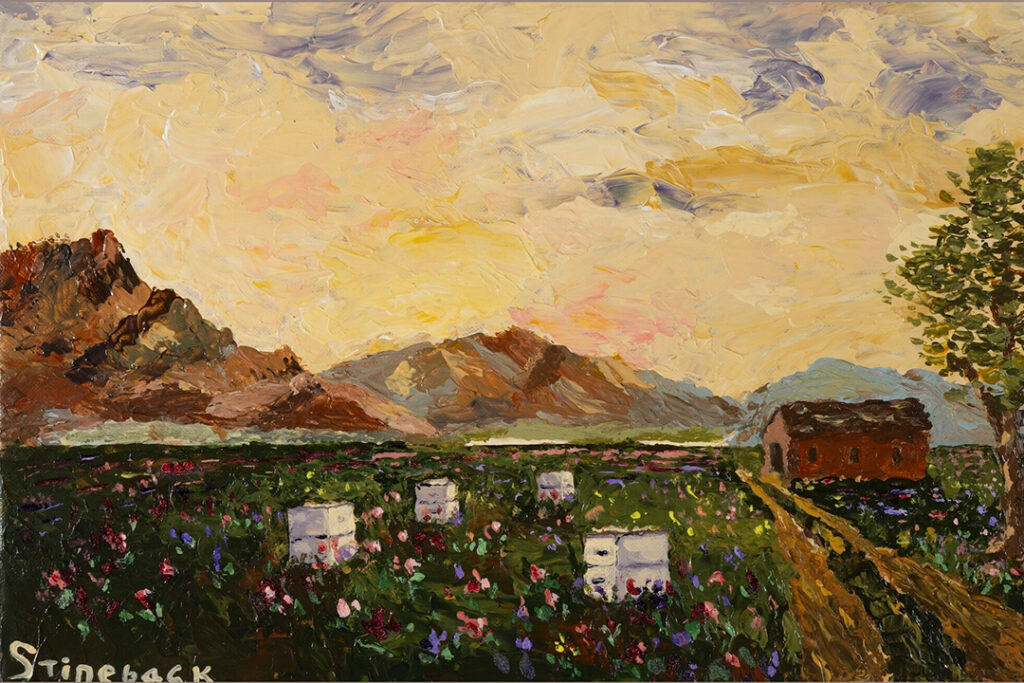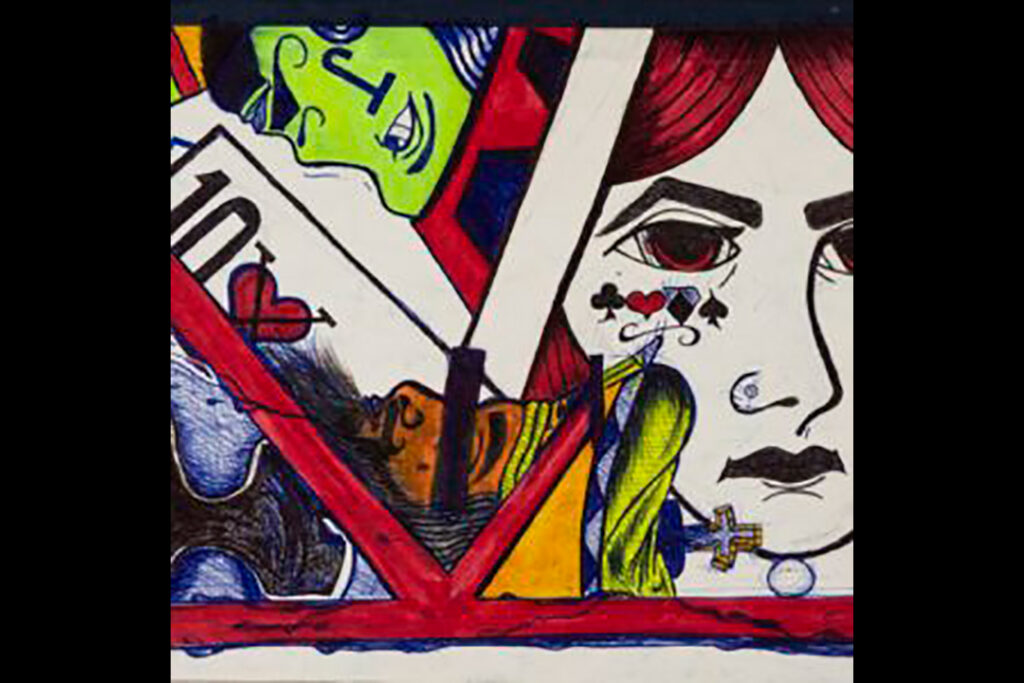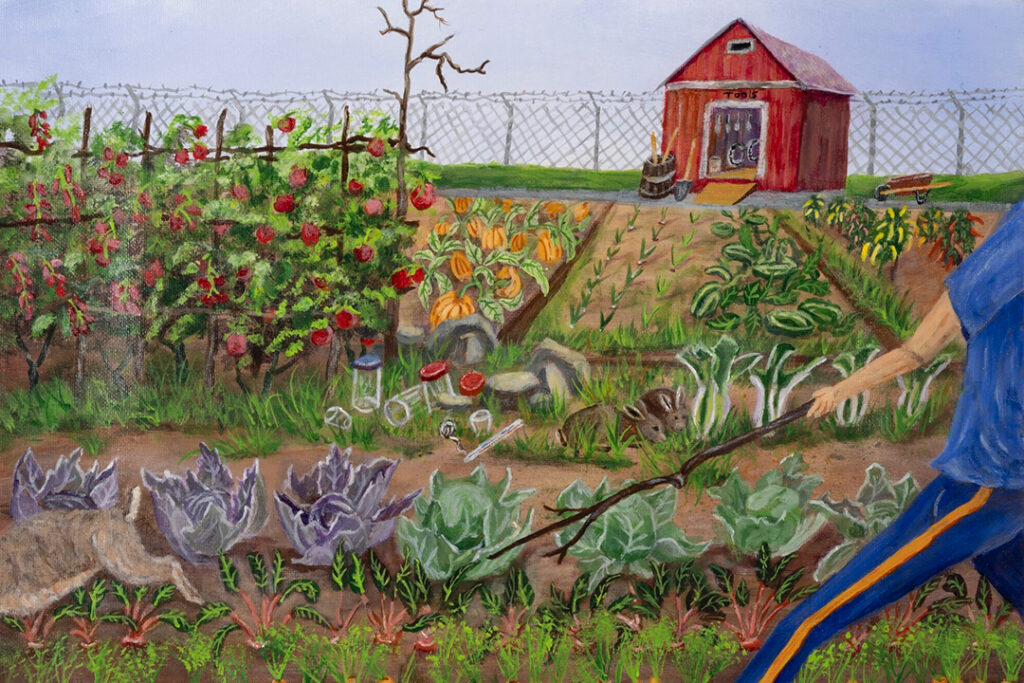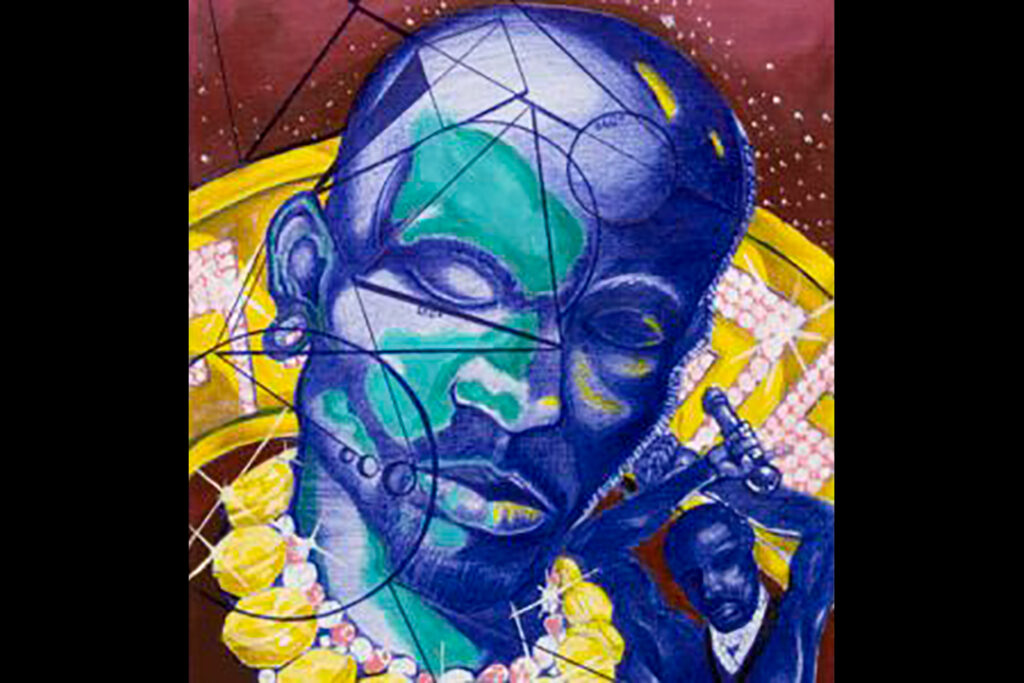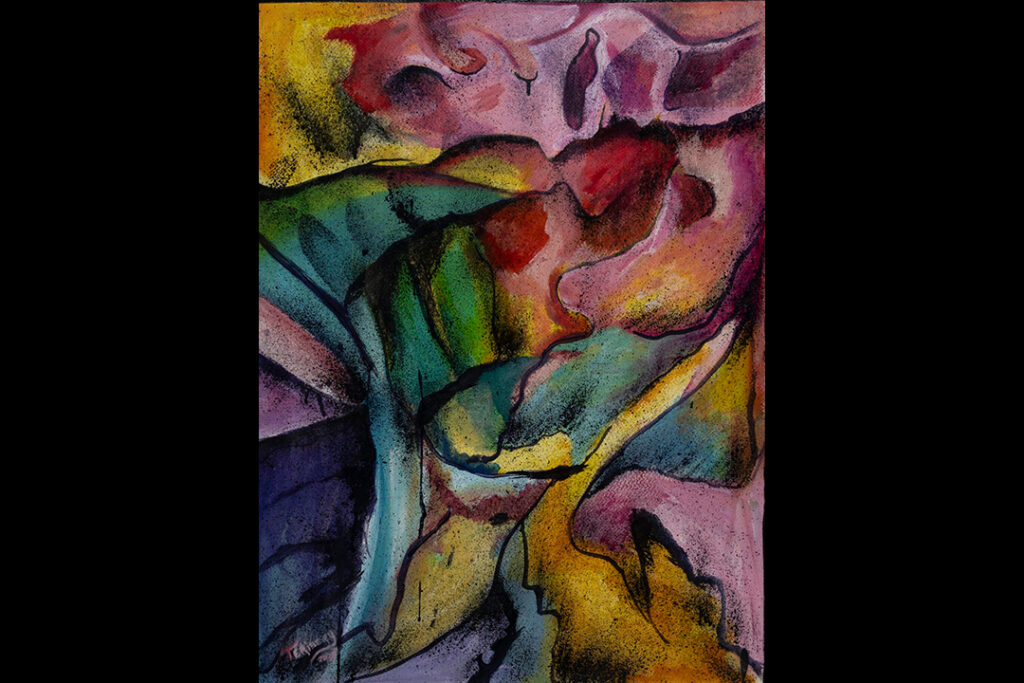Filling a gap: U-M students help combat Michigan’s shortage of rural dentists

Northern Michigan resident Becky Klein was surprised to learn that the dentists at the Thunder Bay Community Health Service clinic were students from the U-M School of Dentistry. They turned out to be just as competent and professional as seasoned practitioners, she said, and excellent communicators.
-
'USA Learns' helps immigrants learn English
A new Web site that teaches English to Spanish-speaking immigrants has attracted more than 500,000 visitors in its first three months of operation.

-
Violent media numb viewers to the pain of others
-
Scientist models the mysterious travels of greenhouse gas
The global travel logs of greenhouse gases are based on atmospheric sampling locations sprinkled over the Earth and short towers that measure the uptake or release of carbon from a small patch of forest. But those measurements don’t agree with current computer models of how plants and soils behave. A University of Michigan researcher is developing a unique way to reconcile these crucial data.
-
Guilty pleasure? Don't worry about it
Most people seem to need a justification for making an indulgent or luxurious purchase. But new U-M research finds that, with or without a reason, people tend to enjoy that guilty pleasure…well, without guilt. The take-away? Indulging yourself may or may not be healthy, but if you’re going to do it, don’t worry about finding a justification. Just enjoy.
-
20 years later
In 1989, Michigan’s men’s basketball team made an improbable run through the NCAA tournament, winning the national title in a heartstopper against Seton Hall.
-
The student body
Slideshow: At the corner of North University and East University, generations of students met the demands of “physical culture” — and course registration — in Waterman and Barbour Gyms.
Columns
-
President's Message
Reaffirming our focus on student access and opportunity
U-M seeks to ensure every student will rise, achieve, and fulfill their dreams. -
Editor's Blog
Peace out
It's a mad, mad, mad, mad world out there. -
Climate Blue
Keeping our focus on climate
As federal support for climate science wanes, Ricky Rood remains hopeful. -
Health Yourself
Are you an ‘ager’ or a ‘youther’?
Why do some people appear younger or older than people born in the same year?
Listen & Subscribe
-

MGo Blue podcasts
Explore the Michigan Athletics series "In the Trenches," "On the Block," and "Conqu'ring Heroes." -

Michigan Ross Podcasts
Check out the series "Business and Society," "Business Beyond Usual," "Working for the Weekend," and "Down to Business." -

Michigan Medicine Podcasts
Hear audio series, news, and stories about the future of health care.
Creativity and connection across prison walls
One of the world’s largest and longest-running exhibitions of incarcerated artists is back with new programming designed to foster connection and deepen public understanding of incarceration in Michigan. The 29th annual Exhibition of Artists in Michigan Prisons, curated by U-M’s Prison Creative Arts Project, showcases 772 artworks by 538 artists incarcerated in 26 state prisons. The Duderstadt Center Gallery on U-M’s North Campus is presenting the artwork through April 1.







